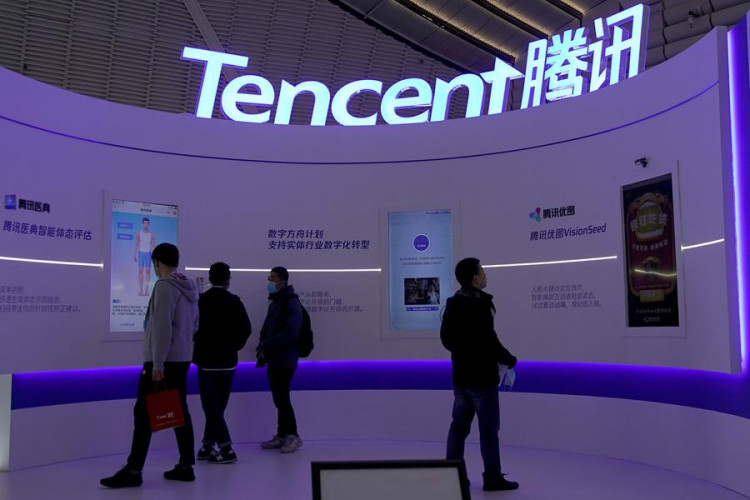Tencent's online payment network Tenpay was penalized 2.77 million yuan ($434,791) by the Shenzhen branch of the State Administration of Foreign Exchange, where Tencent is based.
According to a statement issued late Friday on the regulator's website, SAFE fined Tenpay for violations, including conducting foreign exchange activity outside the scope of its registration.
SAFE said the unit received warnings last week and was also directed to correct its failure to submit required papers and conduct foreign exchange sales services in compliance with regulations.
The current action reflects at least the third censure issued to the Tencent entity known as Caifutong since the company's WeChat Pay system was launched in mid-2018. They, along with Ant Group's Alipay, control more than 90% of the mainland mobile payments market, the company said.
"Tenpay has developed a rapid improvement plan and implemented it item by item in response to issues discovered during the 2019-2020 routine inspections. The correction has been performed thus far," Tenpay said in remarks in a statement to Reuters on Sunday.
Tenpay has been fined multiple times since the People's Bank of China, the country's central bank, granted it payment licenses in 2011.
China began a broad crackdown on the country's technology sector this year, with the competition bureau issuing fines and warnings and initiating investigations into the industry's leading entities.
SAFE also penalized Tenpay and Alipay 600,000 yuan each in July 2018. The two, along with 25 other businesses and individuals, were found guilty of violating foreign-exchange restrictions.
Tenpay was penalized 8.7 million yuan by the central bank at the end of 2020 for violations that included supplying payment services for illicit transactions.
A deputy governor of the People's Bank of China has stated that the bank will "deepen" its antitrust probes into the country's mobile payments sector, which has been dominated by only a few private financial technology companies, a statement released in September showed.
China's rapidly expanding digital economy is dominated by mobile payments, which are one of the most prominent aspects of the economy.
WeChat Pay, Alipay and other payment platforms handled US$5.4 trillion in transactions in 2018, representing a 9.6% rise over the previous year, making China the world's second biggest market after the United States.
Mobile payments accounted for a portion of the total volume handled by non-bank payment companies in 2020, which totaled 294.6 trillion yuan (US$45.6 trillion). Over the same year, the number of transactions increased 15% to 827 trillion.






